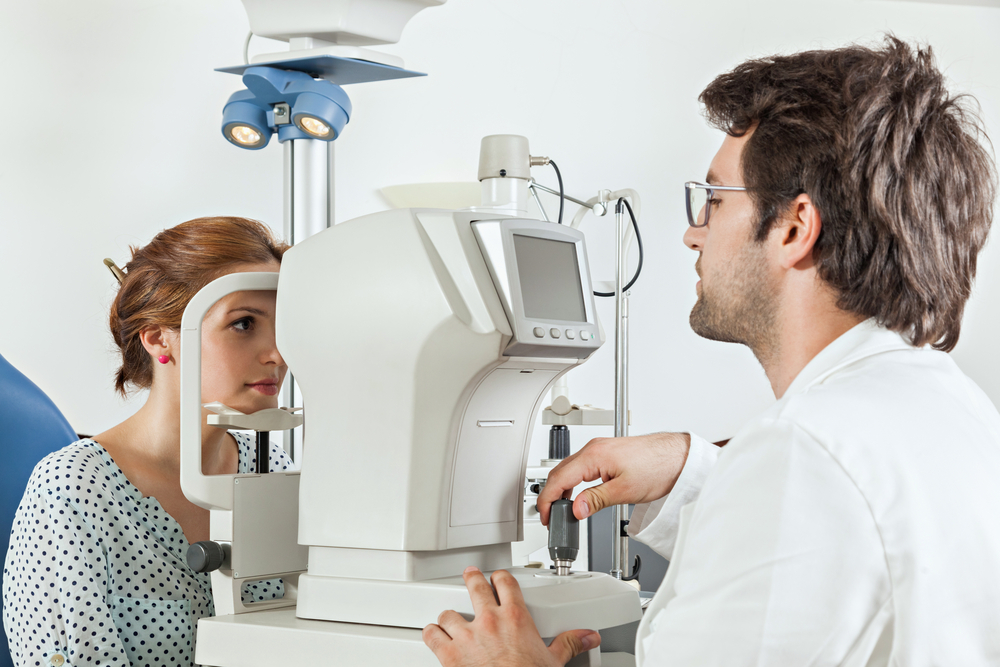
Regular eye exams are pivotal in maintaining good eye health and overall well-being. Without them, we risk missing early signs of eye diseases and conditions that could potentially lead to vision loss. Regular exams also ensure the correct prescription for your glasses or contact lenses, enhancing your quality of life.
The Significance of Regular Eye Exams
The importance of regular eye exams extends beyond merely correcting vision. They are an integral part of preventative healthcare. Regular eye exams can detect eye diseases like glaucoma and age-related macular degeneration in their early stages. These diseases often have no warning signs and can cause irreversible vision loss if not diagnosed and treated promptly.
Eye exams also provide an opportunity for your optometrist to assess the overall health of your eyes. They can check for conditions like dry eye or computer vision syndrome, particularly in individuals who spend a lot of time in front of screens. Identifying and managing these conditions early can prevent further discomfort and potential complications.
Additionally, regular eye exams are crucial for children as well. Vision plays a significant role in their learning and development. Regular eye exams can ensure that any vision problems are detected and addressed, promoting better academic performance and social interaction.
Factors Determining How Often You Should Get an Eye Exam
Determining how often you should get an eye exam depends on several factors. These include your age, overall health, family history of eye diseases, and whether you wear glasses or contact lenses. Your optometrist will take all these factors into account when recommending the frequency of your eye exams.
For instance, individuals with a higher risk of eye diseases may need more frequent exams. This includes people with diabetes, hypertension, or a family history of eye diseases like glaucoma or macular degeneration. Similarly, individuals who wear contact lenses may need annual exams to monitor their eye health and ensure the lenses are fitting correctly.
On the other hand, healthy adults with no risk factors may only need an eye exam every two years. However, this doesn't mean you should ignore any sudden changes in your vision. Any sudden vision loss, eye pain, or other unusual symptoms should be checked out immediately, regardless of when your last eye exam was.
The Recommended Frequency for Eye Exams
The recommended frequency for eye exams varies based on your age and risk factors. The American Optometric Association recommends the following guidelines:
For children, an initial eye exam should be done at six months of age, followed by another at three years, and then just before they start school. School-aged children should have an eye exam at least every two years, more frequently if they have vision problems or risk factors.
For adults aged 18 to 60, an eye exam should be done at least every two years. If you're over 60, you should have an annual eye exam. However, if you have risk factors like diabetes, high blood pressure, or a family history of eye diseases, you may need more frequent exams.
Remember, these are just guidelines. Your optometrist will provide a personalized recommendation based on your specific circumstances.
Making Eye Exams a Priority
The importance of regular eye exams cannot be understated. They are a pivotal component of preventive health care, playing a crucial role in maintaining our vision and overall health. Regardless of your age, health conditions, or risk factors, regular eye exams should be made a priority.
Make eye health a priority, and schedule your next eye exam with McCabe Vision Center at our office in Murfreesboro, Tennessee. Please call (615) 904-9024 to book your appointment today.




